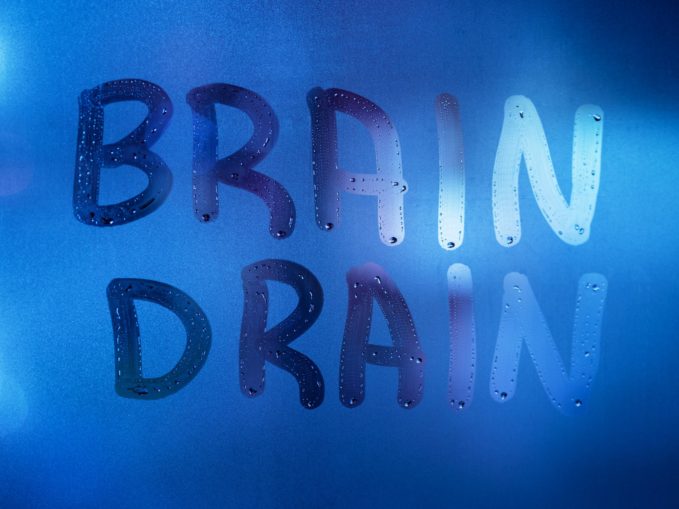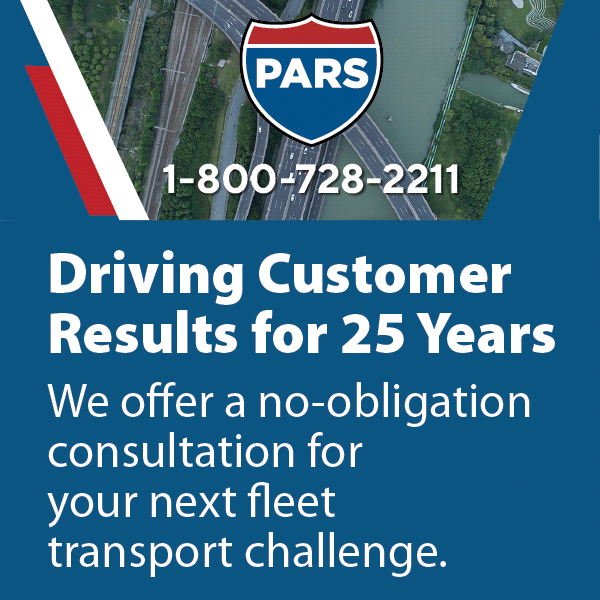
By Donald Dunphy, Contributing Editor
Recently, FMW put out a poll to fleet professionals who either have left the profession or plan to do so in the next five years. We wanted to know what employers were doing to stem the loss of the knowledge “brain drain” within this decade.
The problem was already a concern, but with COVID-19 still leaving a heavy mark globally on business, operations are finding their ten-year-plans are coming ahead of schedule. Aside from lost jobs, some employees may find they cannot return to the work they once did. Others are moving ahead with earlier retirement.
Are organizations capturing the knowledge they need to continue fleet operations without unforced errors?
For this article, FMW spoke with an individual previously from the government fleet segment who, due to the sensitive nature of his work, asked to remain anonymous.
What are the Risks and Costs?
There are the usual risks and costs involved with losing institutional knowledge, such as a loss of efficiency since the individual leaving “knows the ropes,” the processes that get the best productivity out of either the least amount of time or for the lower price.
Then there are less-tangible losses that strictly come from the time spent in one’s work environment. “Think about the costs related to repair-versus-replace that fall to the fleet manager, either unilaterally or in a larger organization-wide process,” our source said. “You might have a preferred OEM that you work with. It’s why some fleets try to stay brand-specific. Your mechanics have whatever specialized equipment there is specific to that one OEM’s build and the schematics are already known.”
In short, the outgoing fleet manager has the “what” – we choose to work with this OEM – and the “why” – these are the benefits we get from the relationship. If this additional information isn’t captured and articulated properly, purchasing decisions will fall solely to the basics of acquisition.
“One of the things state government fleets must do in the purchasing process is to write up specifications for the RFP to seek out the lowest bidding qualified vendor. You could end up with a variety of different vendors depending on how you write your spec.” Experience plays a major role in not only spelling out all the expectations in that bid but also in the review process, knowing where potential service shortfalls might occur. That could lead to outsourcing, which could be very costly if the work was previously achieved in-house.
Knowledge and experience attach the “why” to the decision-making process. If that info is not captured, a new employee can be left disadvantaged.
First Steps
Our poll respondent held his position in state government fleet for over 20 years, but years prior to his decision to leave, he recognized the need to improve the way to train their replacements. While he knew a large amount about several key functions, others were far above his grasp. “It looked like black-box magic when seen from the outside,” he said.
During that time, he set to capture as much detail about what each person did. “I want you to start with your job description and give me all the processes that go into how you perform the tasks. I also want to know who your contacts are, how you approach different emergencies…just give me as much of that narrative as you can.
“Ultimately, the process by which all of that got captured – as best we could – was that we brought on an intern who was carbon-copied on the notes that showed how the decision-making process worked, or key points of contact, or key aspects about the various tasks…the intern cut, copied and pasted all this into documentation about how you do those tasks. Subsequent work on this provided further detail for what was essentially a standard operating procedure.”
Our source recognizes that not every operation can afford to bring on an intern to coordinate such a vast amount of procedural data. Therefore, making a policy of having employees record standard operating procedures (SOP) and updating these as technology and needs change can be beneficial.
How Much Lead Time is Required?
Our source is adamant on this: Information capture needs to be an ongoing program right from the start. “You’re going to miss important aspects if it comes down to a rushed task of getting a replacement up to speed,” he said. “Capturing all the aspects of the work as it is taking place avoids haphazard cram sessions during onboarding, minimizing the loss of important knowledge.”
Human resources need to be a productive partner in this process and not a barrier. “It might be that HR questions if a job position will be replaced at all,” our respondent said. “If that occurs, there will be no concerted effort to transfer the knowledge of that lost position. Short-term thinking would argue that it is a problem for whomever the outsourced work goes to, but that neglects the potential that the job position is brought back. Now you have an employee without the benefit of that lost knowledge in any form, be it one-on-one counseling or a written document.”
Our source said the training of his replacement last year appeared to be heading for that cram-session territory until fate intervened. “I was able to extend my time with (him) to 60 days, in part because COVID-19 complications ramped up the need for this agency. It was a bad time to also do a quick transition, and the extra time benefited the incoming employee. We sat side-by-side at my desk for that 60-day period,” he said. “I came to think very highly of that person, and I wanted to provide everything I could to make him successful.”
However, this was not a baked-in procedure. It came on the back of an emergency. Our source expressed that fleets are better served by automatically expecting at least a month of transition training to take place.
Transition Safeguards
Even during the most thorough transition on-boarding, information can be lost. How might an organization safeguard itself?
“Let’s say you are my supervisor,” imagines our source. “As my supervisor, you can ask me to show you the SOP manual, quiz me on the degree of its completeness, how current and timely the information is…technology and policies are always changing. Is this SOP book a living document keeping up with the times? Does the documentation grow with the times or must it be updated?”
He added that staff meetings and increased interactions can further share the knowledge and keep all fleet workers, present and future, facing forward.
One safeguard, our source asserted, is to not burn bridges to those departed employees. “If an employee is leaving under good terms – that this is not an abrupt firing – the relationship between them and the employer should remain marginally amicable.” There might still be a need for the former employee to interact with his or her replacement if the problem is not initially solvable. Rather than cutting off the lines of communication due to hard feelings, being able to talk with them once more is a safeguard against the unknown.
Who Can Help?
We know that we must do something about fighting fleet “brain drain,” and we know how to get started, but who can provide the insight to put it all together?
Our source recommended the American Association of State Highway and Transportation Officials (AASHTO) as a helpful partner. “For fleet, the sub-function of AASHTO, the Equipment Manager’s Technical Services Program, offers many networking opportunities where we could talk, as fleet managers, about best practices. Being able to tap into that, with them having already experienced the ups and downs of retaining institutional knowledge, is very helpful.”
He also cited the training and education from NAFA as a good foundation to all aspects of fleet, but certainly, an instructional cornerstone where it comes to developing ongoing knowledge capturing and retention across the ever-evolving staff.
He concluded by saying that it is not enough to make staff changes, or cope with changes that happen to a fleet, and hope for the best. It is better to make knowledge-capture a part of the culture than to face unnecessary costs and risks.



